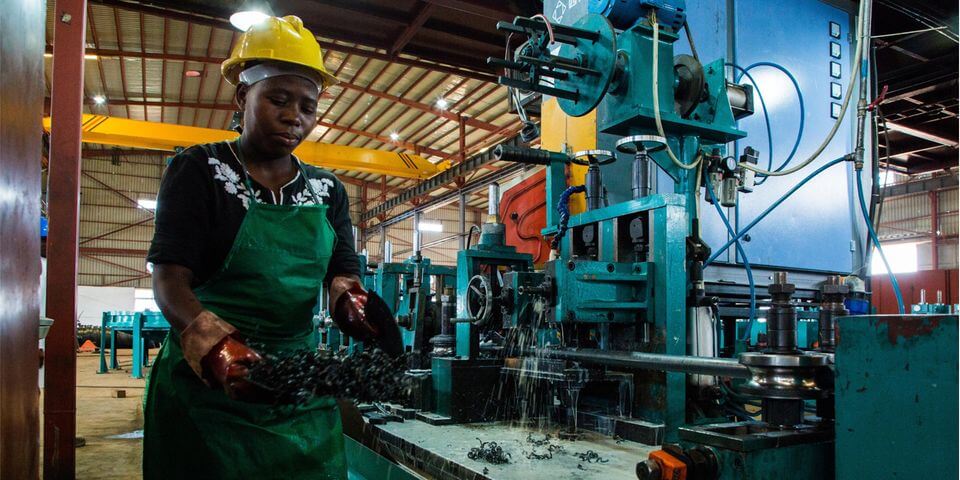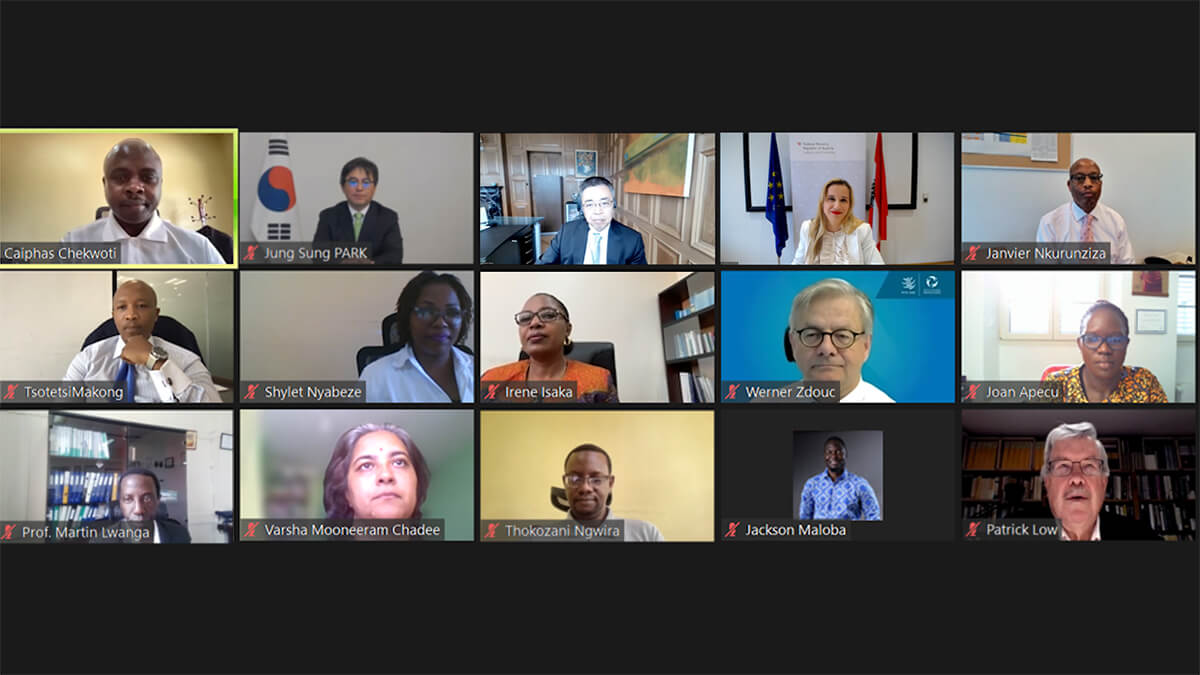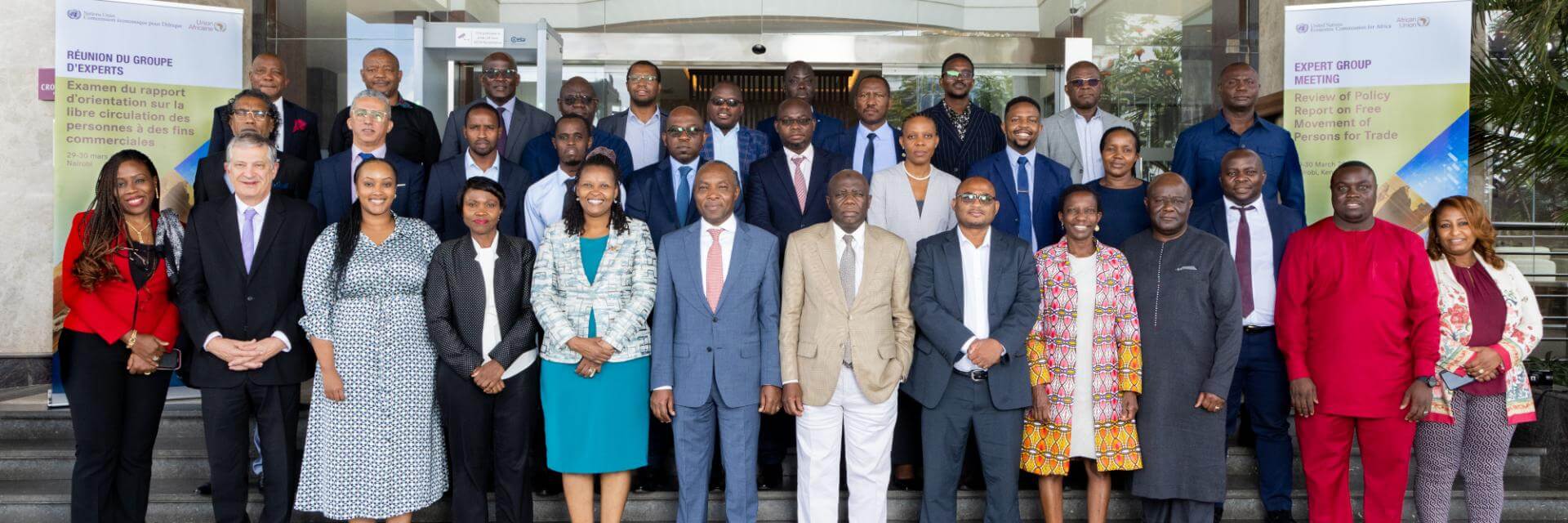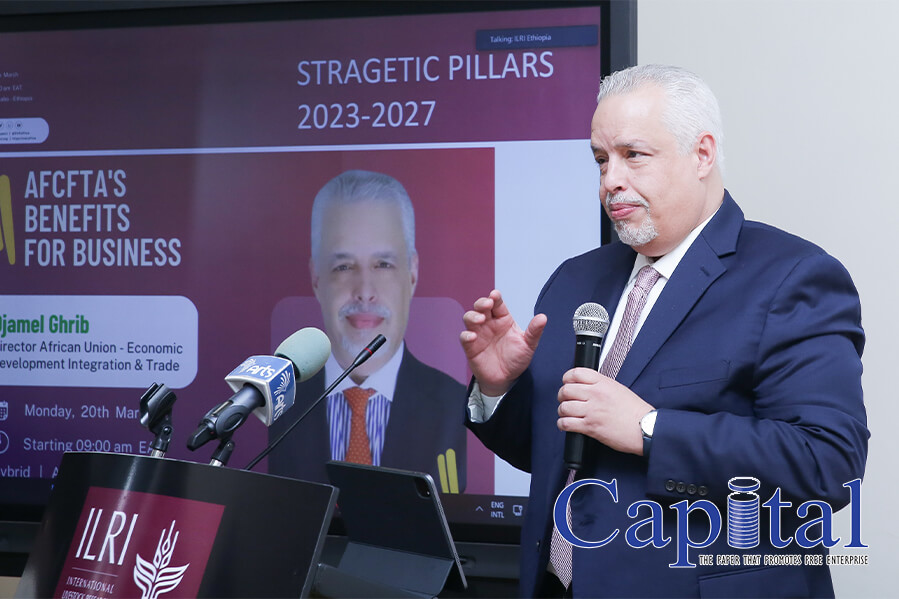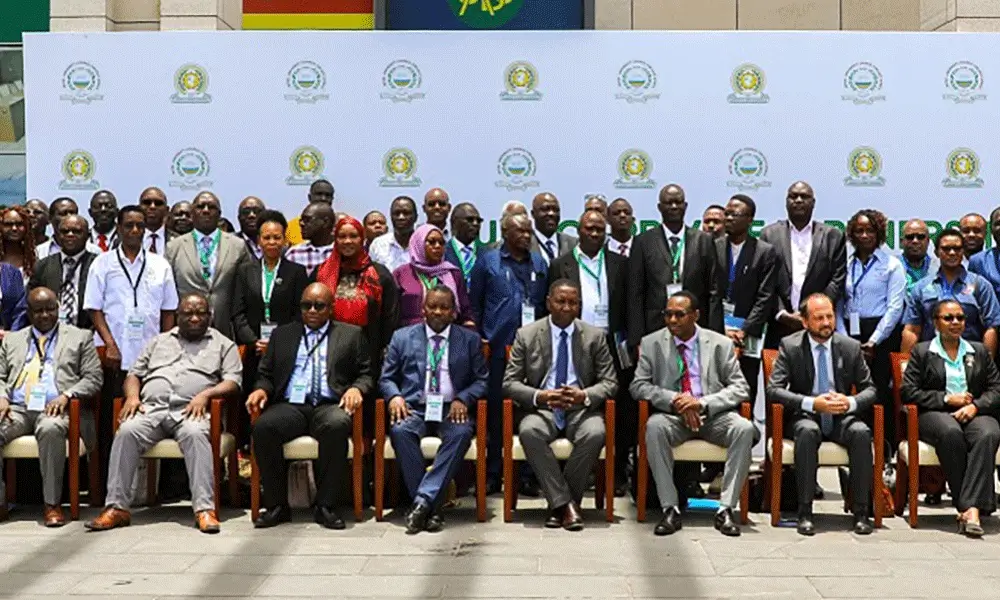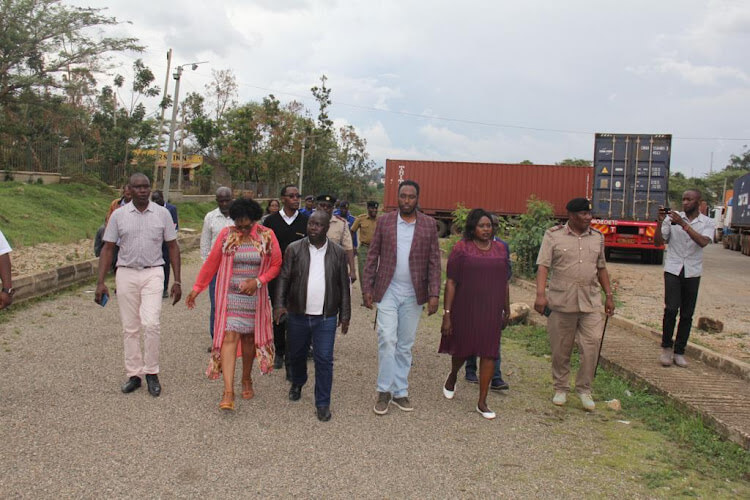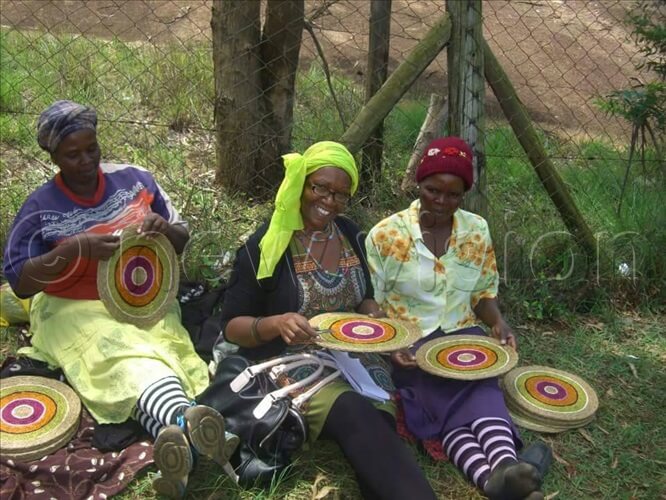Summary Queries are being raised about a slowdown in growth of manufacturing value addition within the East African Community bloc Arusha. Queries are being raised over the falling manufacturing value addition (MVA) in the East African Community (EAC) bloc. The trend fell short of the annual growth rate envisaged under the region’s industrialisation drive. “We are not doing well in meeting the aspirations of the regional industrial policy targets,” said Mr Jean Baptiste Havugimana, the EAC director of productive sectors. According to him, MVA growth has slowed down in recent years. The growth rate fell from 5.3 percent between 2005 and 2010 to 4.6 percent between 2010 and 2021. The fall, he further said, was short of the 10 percent annual growth rate envisaged in the EAC Industrialisation Policy (2008-2032). “This is nowhere near the double-digit growth envisioned,” Mr Havugimana told a meeting of the EAC sectoral council on trade, industry, finance and investment. He said that due to the slow pace of MVA growth, relative to Gross Domestic Product (GDP), the share of manufacturing in GDP has been contracting. Previously manufacturing contributed more than ten percent of the region’s GDP but has now dropped to less than eight percent. “This is raising doubts about structural transformation through industrialisation,” Mr Havugimana said at the meeting held in Moshi. He challenged the EAC partner states to adopt “revolutionary and innovative” approaches to implementing industrial policies. New approaches in industrial policies, he stressed, can meet the anticipated economic growth in the industrial...
Concern over East Africa manufacturing slide
Posted on: April 6, 2023
Posted on: April 6, 2023

